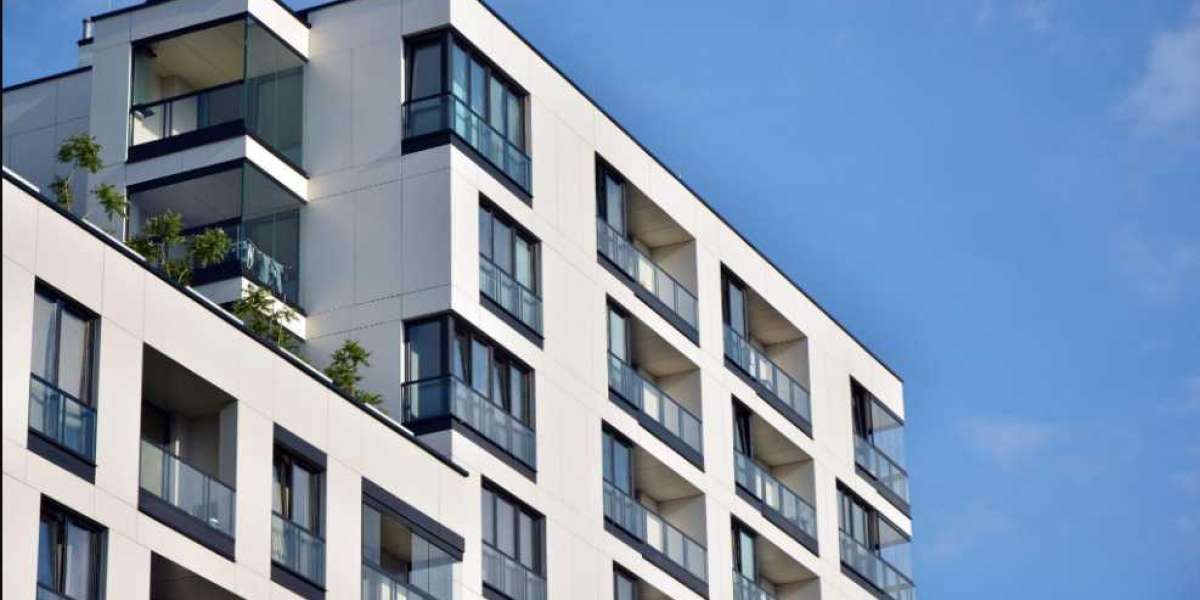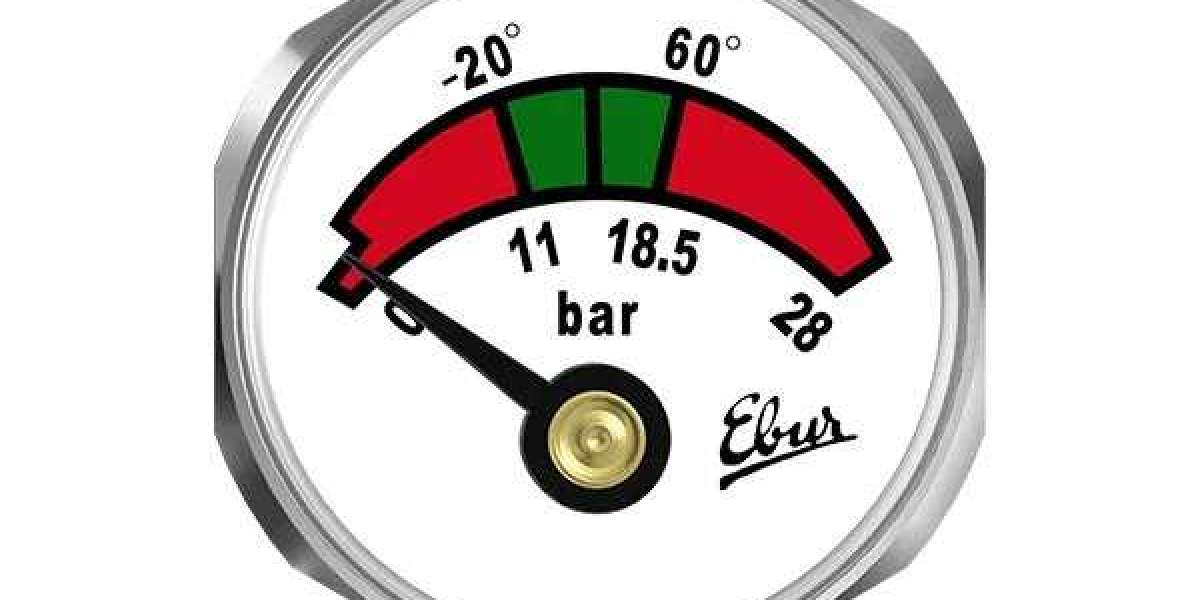Introduction:
In the realm of modern construction, the demand for energy-efficient and sustainable building practices is higher than ever. Architects, builders, and developers are constantly seeking innovative solutions to enhance the performance of structures while minimizing their environmental impact. One crucial element in achieving these goals is the implementation of continuous insulation systems.
Continuous insulation (CI) is a method that involves insulating a building's exterior walls without any thermal bridging. This means creating a seamless layer of insulation that covers the entire exterior of a structure, providing a continuous thermal barrier and preventing heat transfer through the building envelope. Facades XI, at the forefront of architectural solutions, recognizes the significance of continuous insulation systems in achieving superior building performance.
Key Benefits of Continuous Insulation:
Energy Efficiency: Continuous insulation significantly reduces heat transfer through the building envelope, minimizing the need for constant heating or cooling. This leads to substantial energy savings, contributing to a more sustainable and environmentally friendly construction.
Thermal Comfort: By preventing thermal bridging, continuous insulation systems ensure consistent indoor temperatures. Occupants experience improved thermal comfort, avoiding hot or cold spots within the building, which can be common with traditional insulation methods.
Moisture Management: Continuous insulation acts as a barrier against moisture infiltration, preventing condensation within the wall assembly. This is crucial for maintaining the structural integrity of the building and preventing issues such as mold growth and decay.
Reduced Carbon Footprint: Buildings are major contributors to carbon emissions. Utilizing continuous insulation helps reduce a structure's overall energy consumption, subsequently lowering its carbon footprint. This aligns with global efforts to mitigate climate change and create more sustainable built environments.
Compliance with Building Codes: Continuous insulation system often contribute to compliance with stringent building codes and energy efficiency standards. Facades XI understands the importance of meeting these regulations and ensuring that their solutions adhere to the latest industry standards.
Durability and Longevity: Continuous insulation systems provide an extra layer of protection to the building envelope, enhancing its durability and longevity. This added resilience ensures that the structure remains energy-efficient and structurally sound over the long term.
Facilitating Innovation with Facades XI:
Facades XI is committed to delivering cutting-edge solutions that integrate continuous insulation systems into their architectural designs. By incorporating these systems, they contribute to the creation of high-performance buildings that prioritize energy efficiency, occupant comfort, and sustainability.
Conclusion:
Continuous insulation systems represent a pivotal advancement in the quest for energy-efficient and sustainable building practices. As Facades XI embraces this technology, they not only contribute to the evolution of architectural design but also promote a greener and more sustainable future for the construction industry. By prioritizing continuous insulation, we move closer to achieving structures that are not only aesthetically pleasing but also environmentally responsible and economically viable.
Top of Form








